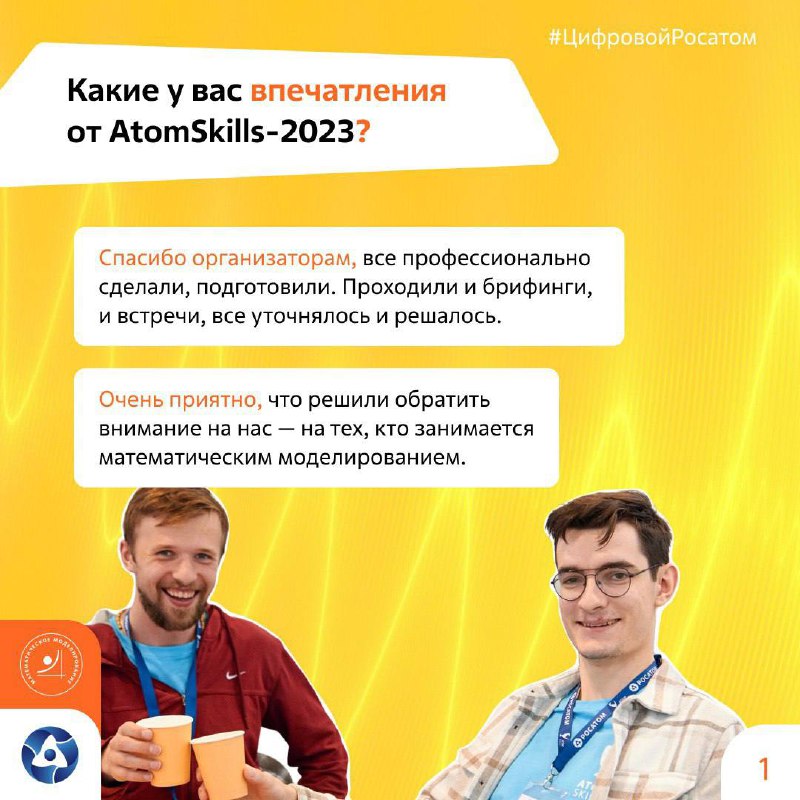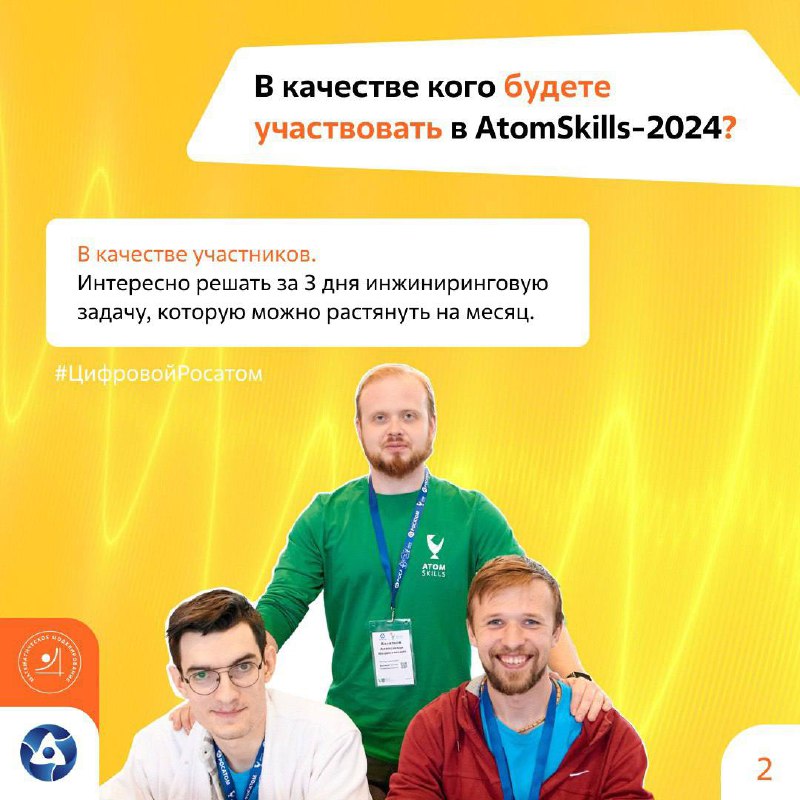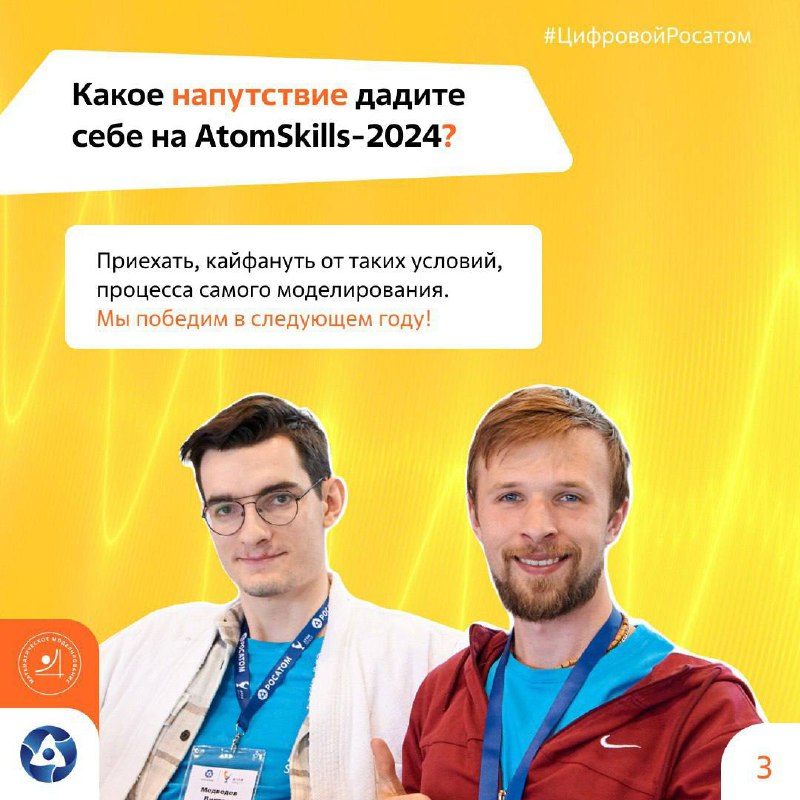tg-me.com/supercomputers_mephi/550
Last Update:
BY Supercomputers MEPhI





Share with your friend now:
tg-me.com/supercomputers_mephi/550
BY Supercomputers MEPhI





In general, many financial experts support their clients’ desire to buy cryptocurrency, but they don’t recommend it unless clients express interest. “The biggest concern for us is if someone wants to invest in crypto and the investment they choose doesn’t do well, and then all of a sudden they can’t send their kids to college,” says Ian Harvey, a certified financial planner (CFP) in New York City. “Then it wasn’t worth the risk.” The speculative nature of cryptocurrency leads some planners to recommend it for clients’ “side” investments. “Some call it a Vegas account,” says Scott Hammel, a CFP in Dallas. “Let’s keep this away from our real long-term perspective, make sure it doesn’t become too large a portion of your portfolio.” In a very real sense, Bitcoin is like a single stock, and advisors wouldn’t recommend putting a sizable part of your portfolio into any one company. At most, planners suggest putting no more than 1% to 10% into Bitcoin if you’re passionate about it. “If it was one stock, you would never allocate any significant portion of your portfolio to it,” Hammel says.
Bitcoin is built on a distributed digital record called a blockchain. As the name implies, blockchain is a linked body of data, made up of units called blocks that contain information about each and every transaction, including date and time, total value, buyer and seller, and a unique identifying code for each exchange. Entries are strung together in chronological order, creating a digital chain of blocks. “Once a block is added to the blockchain, it becomes accessible to anyone who wishes to view it, acting as a public ledger of cryptocurrency transactions,” says Stacey Harris, consultant for Pelicoin, a network of cryptocurrency ATMs. Blockchain is decentralized, which means it’s not controlled by any one organization. “It’s like a Google Doc that anyone can work on,” says Buchi Okoro, CEO and co-founder of African cryptocurrency exchange Quidax. “Nobody owns it, but anyone who has a link can contribute to it. And as different people update it, your copy also gets updated.”
Supercomputers MEPhI from es